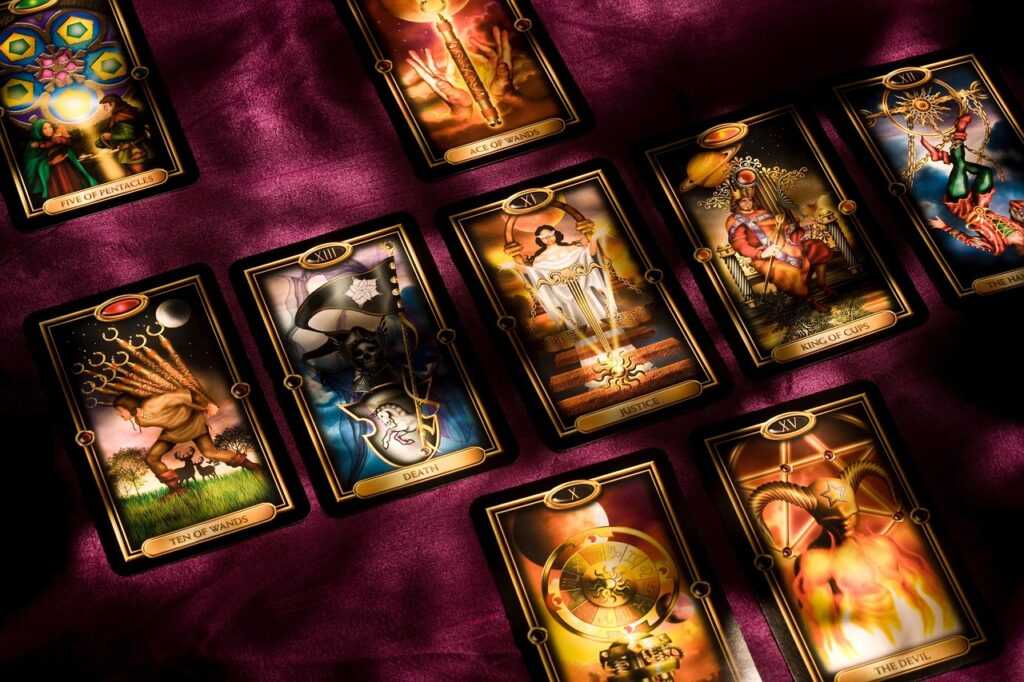Video games have become one of the most influential forms of modern culture. They are not only a source of entertainment but also a way to express ideas, emotions, and even political opinions. As technology and global communication evolve, games now reach millions of players who interpret them through their own cultural and political views. Whether in competitive scenes like cs2 tournaments or in story-driven adventures, political messages often appear naturally within gameplay and design. This article explores how and why such messages emerge in modern titles and what they reveal about today’s world.
Games as a Reflection of the Real World

In today’s world, video games are no longer just entertainment — they have become a form of self-expression. Developers, players, and even tournament organizers often use games to share ideas about society, culture, or politics. This is especially visible in competitive games such as cs2 tournaments, where audiences from all over the world gather to see players from different countries compete. These events are not only about skills and tactics but also about national identity and pride.
Sometimes political meanings appear in games unintentionally. When a story deals with war, inequality, or human conflict, it naturally reflects real-world issues. For example, games with military themes often touch on nationalism, freedom, or power. Even if the game doesn’t mention specific countries, players still draw parallels with real events. In this way, modern titles reflect the political atmosphere of their time.
Moreover, esports tournaments often carry political undertones. Players may represent countries that have political tensions, and their victories or defeats can become symbols of pride or rivalry. Games have turned into digital arenas where the world’s cultural and political differences are shown — sometimes subtly, and sometimes quite openly.
Online Broadcasts and Political Context
With the growth of streaming platforms and real-time tracking tools such as CS2 live scores, the influence of games now goes far beyond the screen. Millions of people watch matches, discuss players, and share opinions online. In chats and comment sections, political messages appear even when the topic should be only about the game. Viewers express national pride, make jokes about politics, or criticize other countries. A match becomes a social dialogue that combines gameplay and worldview.
Commentators and influencers can also affect the political tone of the community. They use national symbols, languages, or phrases that carry deeper meanings. Even simple support for a team can be understood as support for a political side. This happens not because people want to argue, but because games are closely tied to identity. Fans see part of themselves in the team they cheer for — their culture, flag, or language.
As a result, online broadcasts often become meeting points for entertainment and worldviews. Political tones rarely appear intentionally, but they arise naturally as part of a global, connected community. This shows how digital communication turns games into platforms where politics and fun mix together.
Developers and the Power of Creative Choice
Developers play a key role in how political messages appear in modern games. When they create stories, worlds, and characters, they make choices that can reflect real ideas or events. Some studios intentionally include political themes — corruption, dictatorship, or freedom — to make players think. Others try to stay neutral, using fictional settings to avoid controversy. But even “neutral” stories often remind players of real-life situations.
For example, a game about rebellion or injustice can easily be compared to real protests or wars. Developers may not name real places or people, but colors, symbols, and music still create familiar associations. Therefore, it is almost impossible to separate art from politics — every creative decision sends a message.
At the same time, studios must balance between freedom of expression and market demands. Some countries ban or censor games that are considered too political. That’s why developers often use metaphors or hidden imagery to express their ideas. Despite these limits, many creators continue to explore political topics because they believe games are a strong way to talk about freedom, justice, and morality.
Players and Communities as Carriers of Political Ideas

Another important factor is the players themselves. In esports and online communities, people often express their views through nicknames, flags, social media posts, or in-game actions. For example, a player may use a slogan or symbol to support a certain cause. During large tournaments, such gestures are seen by millions of fans and become part of public discussion.
Communities around games also respond actively to political events. Fans organize charity streams, support campaigns, or discussions about important issues. When something significant happens in the world — war, protest, or humanitarian crisis — the gaming community reacts. Streamers, professional players, and fans often unite to show solidarity or call for peace.
In disciplines like CS2, players have become public figures. Their words and behavior influence what fans think. When they talk about discrimination, war, or human rights, they turn from players into social voices. That’s why games can no longer exist outside politics — they have become one of the spaces where new digital generations discuss it.
Conclusion
Political messages appear in modern games because they have become part of real life. Games no longer exist separately from the societies that create them. Developers, players, and fans bring their beliefs, emotions, and experiences into digital worlds, turning games into cultural conversations. Through cs2 tournaments, online chats, stories, or artistic choices, politics naturally enters the world of play.
Sometimes these themes are open — freedom, war, injustice. Other times they are hidden — in colors, symbols, or community behavior. But they are always there, reminding us that the virtual world reflects human reality. Games show that entertainment and politics can coexist, helping people understand themselves and their time better.
In the end, video games are a mirror of modern life. They allow people to explore complex ideas in a safe and interactive way. The appearance of political messages is not a problem — it is a natural sign that the gaming industry has matured and become one of the most important forms of cultural expression today.



